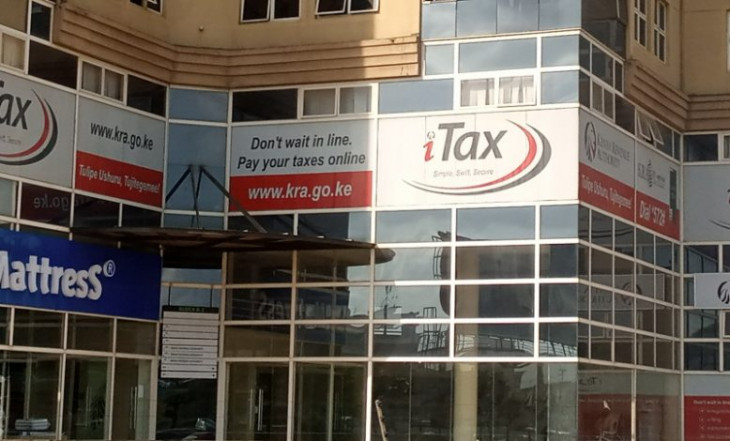Review taxes to attract investments, State told

Energy, cost of living and inflation top key concerns among the business and industry leaders in the country even as a new regime takes over. A cross-sector analysis by Business Hub revealed that reduction in the cost of energy and a review of the taxation measures top in the list for local Industry leaders.
Kenya Association of Manufacturers (KAM) and Kenya Private Sector Alliance (Kepsa) say that the heavy regulatory burden remains a key concern for citizens and business.
It identifies particularly the lengthy and manual processes for obtaining regulatory permits and numerous licenses as well as fees, levies and charges prove significant barriers to entrepreneurship.
The business lobby groups cited the unpredictability of the local tax system as a key hindrance to the business community from making long-term investment plans.
“We urge the incoming government to reduce the number of regulations and bring down the cost and time spent on compliance and consolidate regulators at the national and county levels,” KAM said in a statement.
A better regulatory environment can be achieved through increased stakeholder consultations and impact assessments for proposed legislation to guard against impeding socio-economic growth,” it added.
The lobby said this can be addressed through the implementation of the National Tax Policy, which is currently undergoing review by stakeholders, as well as effective coordination frameworks between the national and county governments to enhance their efficiency and reduce the burden on businesses. “Promoting local value chains requires a long-term accelerated action plan alongside a collaborative framework that brings together all stakeholders – private and public,” it said.
Import charges
“These gaps in the value chain have seen manufacturers pay hefty import charges since they are unable to source locally raw materials and industrial inputs or be assured of adequate, high quality and timely supplies. This has resulted in local industries becoming uncompetitive.” KAM added.
Victor Ogalo, Deputy CEO, Business at Kenya Private Sector Alliance (Kepsa) noted that if the new regime can fast-track the National Tax Policy and Standard Protocols for dealing with non-compliant businesses, then the operating environment can attract more investments.
“The government should publish policies and regulations on tax collection and administration changes. It should also suspend the horticulture-cess and levy that are imposed on businesses,” he said.
Ogalo noted that the government is in the process of developing a National Principles and Guidelines on Harmonization of Trade Licensing Regulations, which will be shared by Counties for adoption and harmonisation. The lobby business groups also want the new government to strengthen local supply chains to reduce reliance on imports.
John Kirimi, an independent analyst and formerly of Sterling Investments said for local sustainability to be met then the government should promote the growth of small and medium enterprises (SMEs) through measures like providing start-up or seed financing for new businesses and raising funding that allows financial support to private sector businesses.
According to Kepsa, the establishment of an electronic inventory management system will enhance accountability in public procurement, reduce unnecessary expenditure, duplication and facilitate sharing of resources among institutions.















